🔥 Spice Up Your Life: The Ultimate Tandoori Chicken Masala Survival Guide 🔥
If you’ve ever stared into a fridge full of chicken and wondered, "What can turn this humble bird into a flavor explosion?", your answer lies in one magical blend: Tandoori Chicken Masala. But not all masalas are created equal. In this guide, we’re diving deep into the world of tandoori spices, complete with tips, tricks, and a dash of spice-fueled humor.
📖 Table of Contents
- What Exactly Is Tandoori Chicken Masala?
- The Holy Grail of Ingredients
- Top 7 Pro Tips for Marinating Like a Maestro
- DIY or Buy: Should You Make It at Home?
- Tandoori Traditions Across the Globe
- Cooking Methods That Bring the Heat (Literally)
- Pair It Right: Sides & Drinks That Complement Your Dish
- Common Mistakes to Avoid (Because We've All Been There)
- Summary of Key Points
🌶 What Exactly Is Tandoori Chicken Masala?
Tandoori chicken masala is more than just a spice mix — it's a passport to flavor town. This vibrant red blend typically includes:
- Kashmiri chili powder (for color, not too much heat)
- Cumin
- Coriander
- Ginger and garlic powders
- Yogurt (the base that binds everything)
- Dried fenugreek leaves
- Salt and turmeric
The result? A marinade that transforms chicken into juicy, smoky perfection when cooked in a traditional clay oven — the tandoor.
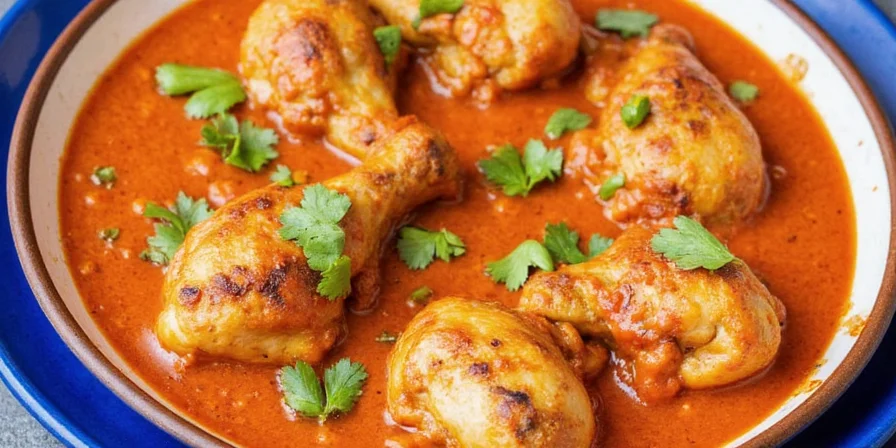
🧂 The Holy Grail of Ingredients
To make the best tandoori chicken, your pantry needs to be stocked like a spice smuggler’s hideout. Here’s a quick breakdown:
| Ingredient | Purpose |
|---|---|
| Kashmiri Chili Powder | Gives that iconic red hue without blowing your head off |
| Cumin | Earthy warmth, like a hug from the inside |
| Coriander | Freshness booster in powdered form |
| Ginger/Garlic Powder | The backbone of flavor; adds zing and punch |
| Yogurt | Softens the chicken and balances the spices |
| Fenugreek Leaves | Unique bitter-sweet note, often underestimated but crucial |
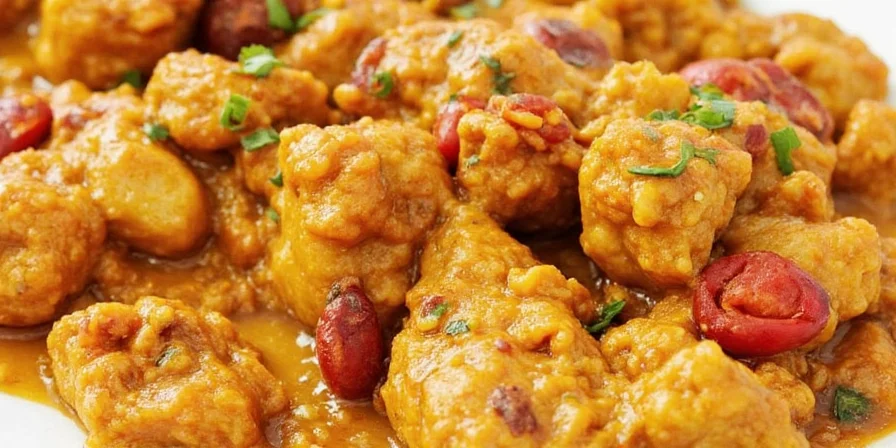
💡 Top 7 Pro Tips for Marinating Like a Maestro
- Marinate overnight: Let the flavors penetrate deeply — minimum 6 hours, ideally 12–24.
- Use Greek yogurt: Thicker consistency = better adhesion and juicier results.
- Don’t skip the oil: A drizzle of neutral oil helps spices stick and prevents drying.
- Mix dry spices first: Blend them before adding yogurt to avoid clumps and uneven flavor.
- Keep skin on: For extra crispiness and texture, especially if grilling or baking.
- Rest before cooking: Letting marinated chicken sit at room temp ensures even cooking.
- Add lemon juice: Brightens up the overall flavor and cuts through richness.
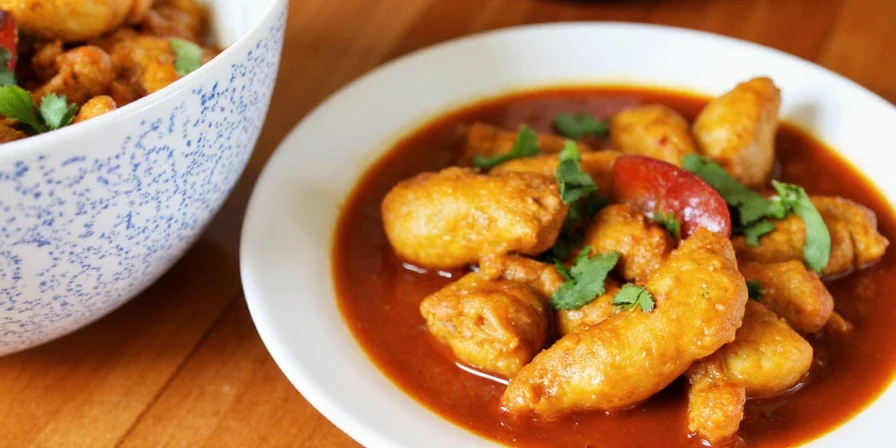
🛒 DIY or Buy: Should You Make It at Home?
You might wonder: should I buy pre-made tandoori masala or grind my own? Let’s break it down:
| Pros | Cons |
|---|---|
| Homemade Masala: Full control over quality and heat level | Time-consuming; requires multiple spices on hand |
| Premade Masala: Quick, convenient, consistent | Lack of customization; possible additives/preservatives |
Our verdict? Try homemade once — you’ll never look back!
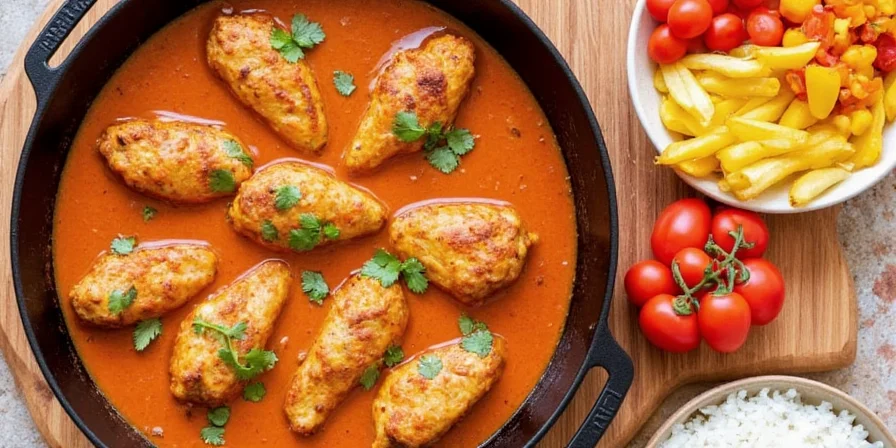
🌍 Tandoori Traditions Across the Globe
Tandoori chicken isn’t just Indian — it’s global! Different cultures have added their twist to this classic dish:
- Pakistan: Uses more garam masala and less yogurt for a drier finish.
- Australia: Often grilled and served with mango chutney or avocado salsa.
- UK: Baked version with tikka masala sauce as a topping — British-Indian fusion at its finest.
- USA: American-style “tandoori” burgers and tacos — yes, they exist. And they're delicious.

🔥 Cooking Methods That Bring the Heat (Literally)
You don’t need a tandoor to get that signature char. Here are some popular ways to cook your marinated masterpiece:
| Method | Pros | Cons |
|---|---|---|
| Traditional Tandoor | Authentic taste and char | Not accessible to most home cooks |
| Oven Broiling | Easy, uses standard kitchen equipment | Lacks smokiness |
| Grill/BBQ | Great char, mimics outdoor cooking | Requires careful temperature control |
| Stovetop Pan + Grill Pan | Indoor option with decent char | Can dry out chicken easily |
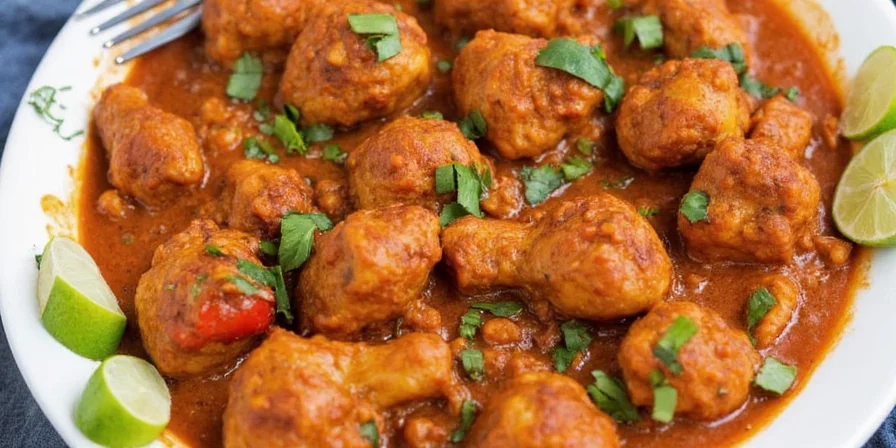
🍽 Pair It Right: Sides & Drinks That Complement Your Dish
Once your tandoori chicken hits the plate, here’s how to round it out:
- Raita: Cooling cucumber yogurt side
- Naan: Tear and scoop — life-changing combo
- Mint Chutney: Adds brightness and kick
- Mango Lassi: Sweet, creamy, refreshing
- Chai or Lime Soda: Classic Indian beverages that cut through richness
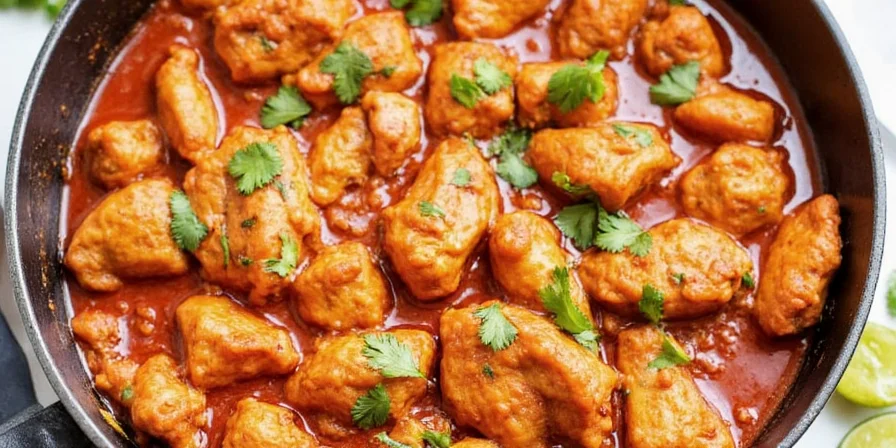
🛑 Common Mistakes to Avoid (Because We've All Been There)
We’ve all made them. Let’s make sure you don’t repeat these culinary crimes:
- Too much salt: Use measured amounts — remember, there’s salt in the masala already.
- Skipping marination time: Don’t rush greatness. It needs time to absorb.
- Burning the chicken: High heat isn’t always better. Cook low and slow for juicy results.
- Overcrowding the grill/pan: Let the chicken breathe — give it space to char properly.
- Not resting after cooking: Resting locks in juices — resist the urge to carve immediately.
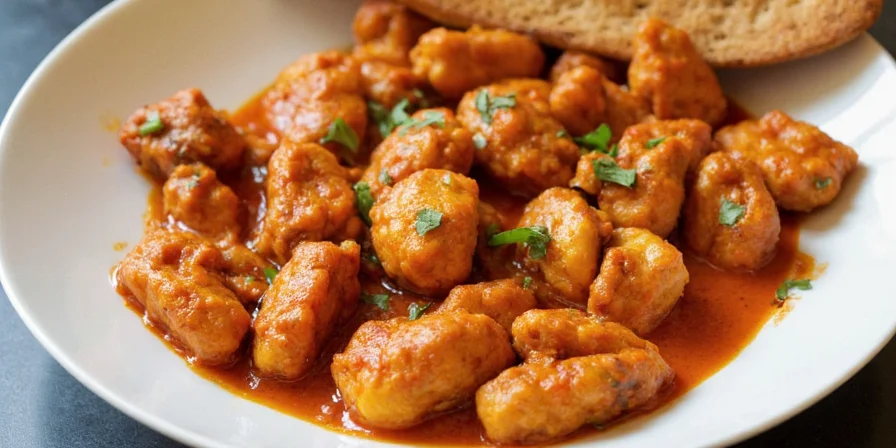
📝 Summary of Key Points
Here’s your cheat sheet for mastering tandoori chicken masala:
- Use Kashmiri chili for color, not just heat.
- Yogurt is your best friend for tenderizing and binding.
- Marinate for at least 6 hours, preferably overnight.
- Make your own masala for superior flavor and freshness.
- Choose your cooking method wisely — tandoor > broiler > grill > pan.
- Pair with raita, naan, and mint chutney for authenticity.
- Avoid common pitfalls like oversalting or burning.

🏁 Final Thoughts: Will Your Chicken Ever Be the Same Again?
Tandoori chicken masala isn’t just about flavor — it’s about tradition, technique, and a little bit of magic. Whether you’re hosting a dinner party or feeding your family, mastering this spice blend will elevate your meals from meh to magnificent.
So go ahead, dust off those spices, fire up the grill (or oven), and let your kitchen smell like an Indian street market. Because once you taste real tandoori chicken… there’s no going back.

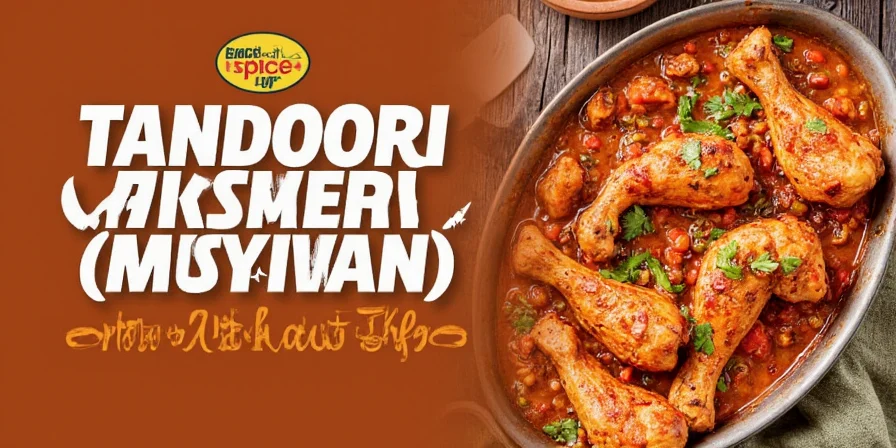









 浙公网安备
33010002000092号
浙公网安备
33010002000092号 浙B2-20120091-4
浙B2-20120091-4